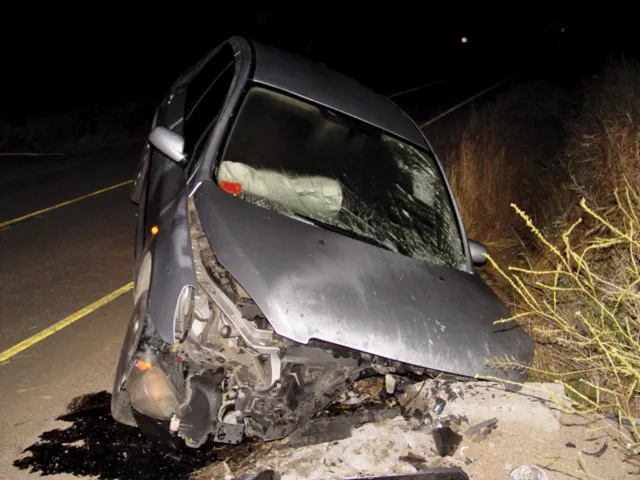Drowsiness and fatigue were the cause of 33% of deaths on motorways in 2012, according to an Asfa (Association of French Motorway Companies) study. Alcohol, drugs and medications were in second place (21%), in front of excessive speed (13%). The study also revealed that lack of sleep, driving at night, taking certain medications and suffering from sleep apnoea or snoring increase the risk of deadly accidents on motorways. Some professionals say that monotony on roads and reduced speeds are also factors tha
August 6, 2013
Read time: 1 min

Drowsiness and fatigue were the cause of 33% of deaths on motorways in 2012, according to an 7440 ASFA (Association of French Motorway Companies) study. Alcohol, drugs and medications were in second place (21%), in front of excessive speed (13%).
The study also revealed that lack of sleep, driving at night, taking certain medications and suffering from sleep apnoea or snoring increase the risk of deadly accidents on motorways. Some professionals say that monotony on roads and reduced speeds are also factors that reduce vigilance. The study’s author underlines that on the motorway network, where the average speed is 127km/h, there are less deaths than on other roads in France.
The study also revealed that lack of sleep, driving at night, taking certain medications and suffering from sleep apnoea or snoring increase the risk of deadly accidents on motorways. Some professionals say that monotony on roads and reduced speeds are also factors that reduce vigilance. The study’s author underlines that on the motorway network, where the average speed is 127km/h, there are less deaths than on other roads in France.








